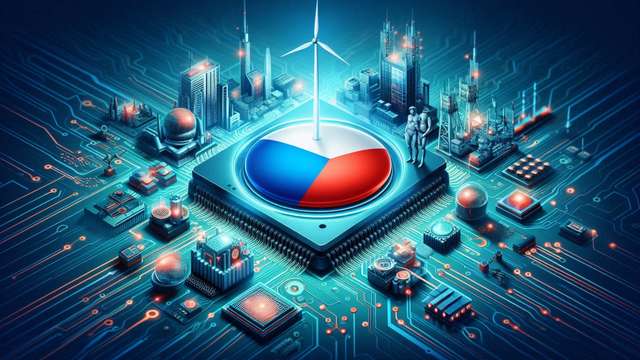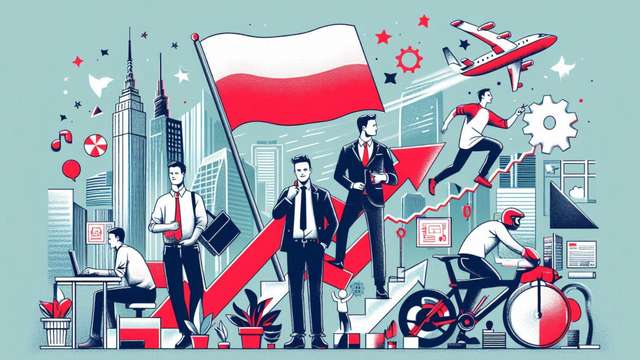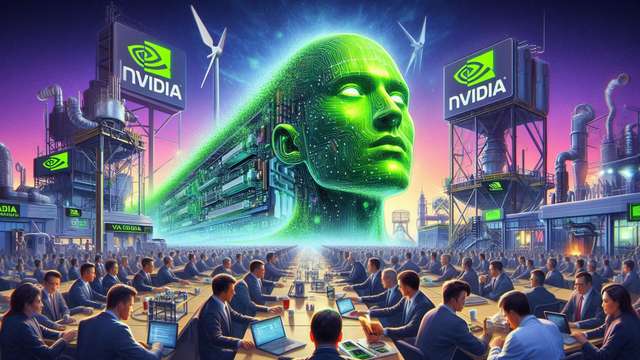
The industrial automation sector is constantly evolving, responding to the growing needs of businesses and changing global trends. This year, in turn, we have seen a significant increase in demand for advanced solutions to increase productivity, improve product quality and ultimately reduce production costs. This, in turn, cannot be achieved without investment in innovative technologies.
Table of contents
AI is knocking at the gates
One of the key trends we have been seeing for some time now is the integration of automation with artificial intelligence. AI makes it possible to analyse vast amounts of data in real time, and this in turn allows production processes to be optimised and respond quickly to changing conditions. An example of this is the use of AI in predictive maintenance systems, which predict machine breakdowns and allow them to be prevented before anyone even thinks they might happen.
Warehouses of the future
One of the most important sectors that has been developing very rapidly recently is automation in logistics and warehousing. Modern warehouses are equipped with robotic transport systems that streamline storage and order picking processes. This makes it possible to reduce lead times and improve delivery accuracy.
Companies such as Amazon, for example, are already using advanced automation solutions as a role model for other companies and an ideal that even the much smaller players in the market aspire to.
The green card
A very important aspect in this whole puzzle - and one we already wrote about in Automation Trader many months ago - is how automation affects sustainability.
Modern technology allows for more efficient use of natural resources, reduction of CO2 emissions and minimisation of production waste. Automation of production processes can contribute to greener supply chains, which is increasingly important in the face of climate change and growing consumer awareness of environmental issues.
Benefits and challenges
Despite its many benefits, industrial automation also brings challenges. Companies have to grapple with how to integrate new technologies into existing systems, which often requires significant financial investment and expertise.
In addition, automation forces changes in the workforce structure. Skilled employees capable of operating and maintaining advanced systems are needed, which necessitates investment in staff training and development.
Looking to the future - not so distant at all - industrial automation technology can be expected to continue to grow. It is predicted that by 2030, this market will be worth more than $300 billion. New technologies such as collaborative robots (cobots), the Internet of Things (IoT) or blockchain will in turn play a key role in the transformation of industry.
Industrial automation is entering a new era, bringing with it numerous benefits, but also challenges. Companies that successfully implement modern technologies will gain a competitive advantage, increase efficiency and contribute to sustainable growth. Investing in innovation and developing the skills of employees will be key to success, allowing automation to realise its full potential in the years to come.






